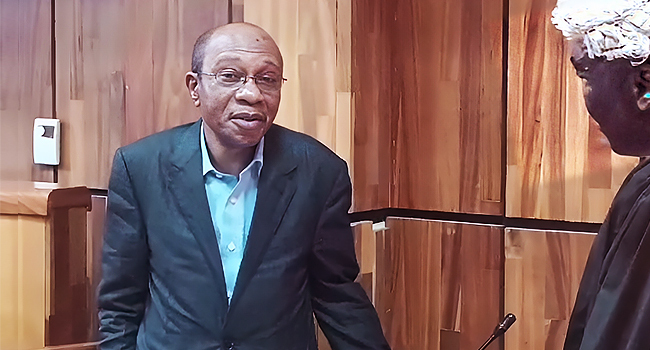Niger State Governor, Mohammed Umaru Bago, has vowed to personally lead a security operation aimed at eradicating the growing menace of thuggery and violent crimes in Minna, the state capital. Speaking at a high-level security meeting at the Government House in Minna, which involved the Emir of Minna, district heads, and top security officials, Bago condemned the recent surge in killings and attacks by hoodlums.
The Governor made it clear that the state government would not relent in its efforts to combat the rising insecurity. He pledged decisive action, warning that those responsible for criminal activities would face the full weight of the law. He specifically identified Maitumbi, Angwan Daji, and Barkin Sale as high-risk zones, which will now be placed under intensive surveillance.
Governor Bago outlined strict measures, including a zero-tolerance approach to weapons possession. He declared, "Anyone found in possession of any weapon, including knives and sticks, should be treated as an armed robber, and if killed, their parents must pay for the bullet before the corpse is released."
He also issued strong directives to traditional leaders, stating that village heads harboring thugs would face immediate arrest and possible dethronement. In a bid to curb the drug menace, Bago announced that homes found selling illicit substances within Minna would be demolished, and the occupants arrested.
In a bid to ensure swift justice, the Governor revealed plans to establish a Special Court, under the supervision of the Chief Judge of Niger State, to handle thuggery cases swiftly, ensuring timely imprisonment for offenders.
Additional security measures included the suspension of commercial motorcycle and tricycle operations in Minna from 6 pm to 6 am, with a curfew imposed to curb criminal activities under the cover of darkness.
Governor Bago expressed his commitment to ensuring that Minna becomes a safe and secure place, emphasizing that no stone would be left unturned in the fight against crime and that it was the responsibility of the government to protect the lives and property of its citizens.




